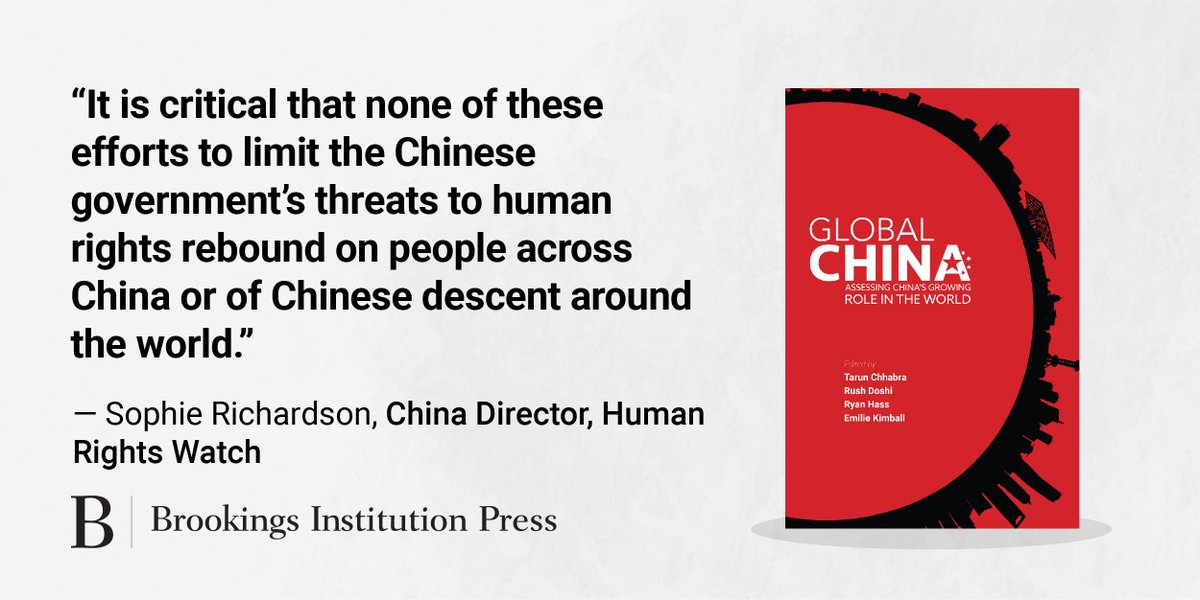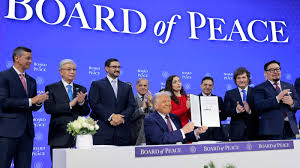1/ Out today! “#GlobalChina: Assessing China’s Growing Role in the World” is a current, broad-scope, and fact-based resource for understanding China — no longer a “rising power,” but rather a global actor. brook.gs/3iFfXf9
.@RepAdamSchiff applauds the “clear set of recommendations” and “insights from an impressive array of experts” discussed in our forthcoming title, #GlobalChina: Assessing China’s Growing Role in the World. brook.gs/3iFfXf9 

3/ In the new edited volume #GlobalChina, @ProfTalmadge argues that competition in the U.S.-China nuclear relationship is intensifying.
Read her analysis and suggestions for policymakers as the relationship heats up: brook.gs/3iFfXf9
Read her analysis and suggestions for policymakers as the relationship heats up: brook.gs/3iFfXf9

4/ .@AngelaStent examines the rationale for the growing relationship between China & Russia and potential implications for the United States. 

5/ According to @MichaelEOHanlon, China’s escalating skirmishes in the gray-zone could lead to military escalation.
See O’Hanlon’s recommendation for a policy of asymmetric defense in the new edited volume #GlobalChina
See O’Hanlon’s recommendation for a policy of asymmetric defense in the new edited volume #GlobalChina

6/ .@SophieHRW discusses China’s impact on the UN Human Rights Council and suggests that member-nations concerned about human rights need to coordinate thoughtfully to limit Chinese influence there. 

7/ This is a small sampling of the 37 chapters of the book that address the full range of issues relating to China's rise, from global governance to economic issues, technology, great power relations, regional issues, and so much more.
8/ The book is designed to be comprehensive and diverse, both in the issues examined and the viewpoints expressed. We hope the book contributes to understanding of what kind of global power China will be and how its rise will impact the US and others.
9/ It's been wonderful working w/ @ChhabraT, @RushDoshi, and @EmilieAKimball, joining w/ @BrookingsPress, and benefitting from @MaloneySuzanne and @brucebrookings guidance. The authors brought the book to life. @FordFoundation and @ElizabethKnup made it all possible. Thank you!
• • •
Missing some Tweet in this thread? You can try to
force a refresh





